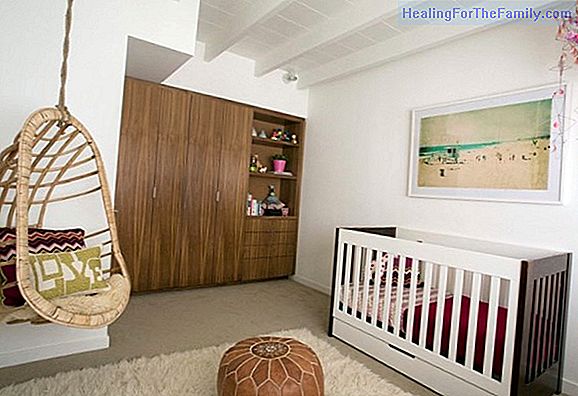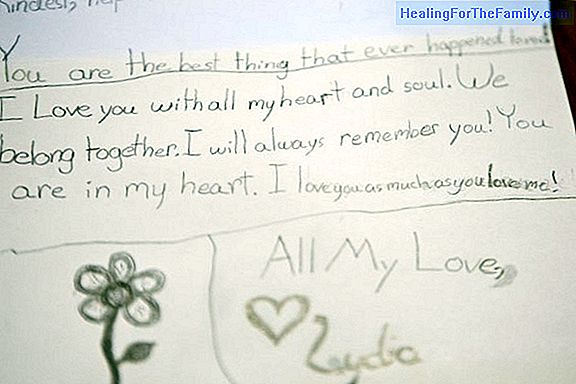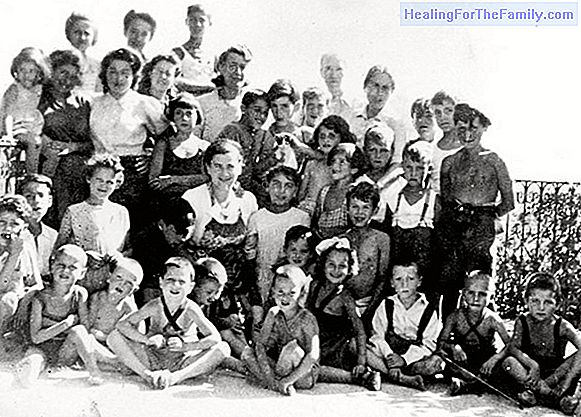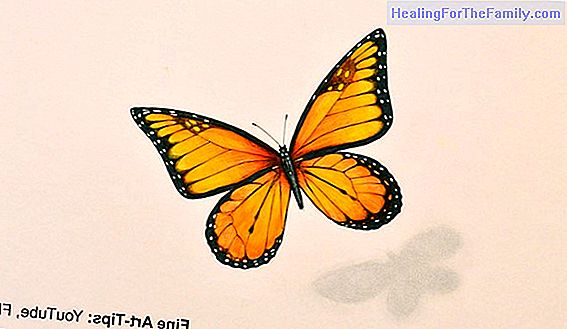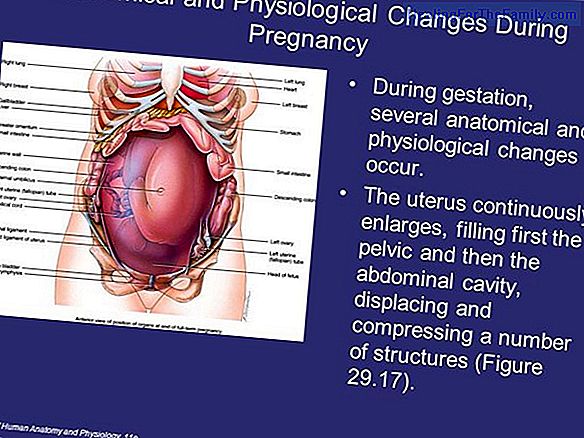Negative defiant syndrome of children
It is normal that throughout the evolutionary development you can find challenging behaviors in children . It often begins at preschool and continues into adolescence if it is not treated. It does not have to be a problem if parents confront it calmly and set limits to respect. The type of challengi
It is normal that throughout the evolutionary development you can find challenging behaviors in children. It often begins at preschool and continues into adolescence if it is not treated. It does not have to be a problem if parents confront it calmly and set limits to respect.
The type of challenging behaviors that appear throughout the evolution of the children can take different forms, from the extreme passivity in which the child is systematically inactive when it comes to obeying, to other types of responses such as being able to be negative verbalizations, fits of anger, arguments with adults, insults, irritability, or aggressive resistance.
What causes the defiant negative syndrome in childhood?

If this type of behavior appears sporadically, it does not cause inconvenience, but when it becomes the habitual way of relating it is when the problems begin in the child and his environment. There is a significant deterioration in the social, academic and family life of the child.
The defiant negativist syndrome is multicausal. There are several factors involved in the causes of this syndrome that favor its development.
- Biological factors related to neurology. There may be a deficit in neurotransmitters that modulate emotions and behaviors.
- Learning factors. The child learns that with his defiant behavior he can receive the attention of his authority figures whenever he wants.
- Development factors. If the attachment is not established in the early stages of development, it can be an element that destabilizes the child's temperament and his way of relating. It also affects the development of their autonomy. La - Immaturity and lack of experience
regarding the education of children using authoritarian and violent or very permissive models are also components involved in this disorder. - Another element that should not be overlooked is de separation or divorce between parents.
What to do in the face of the defiant negative syndrome in children Due to the society in which we live where the factors necessary for the development of this syndrome are more likely to occur
it is increasingly common to see challenging behaviors in young children
. The crisis and the change in the structure in families contribute to this syndrome is more present today. According to several studies, this disorder affects between 3 and 8% of the child population. If it is not given adequate treatment, the syndrome can evolve into antisocial behaviors and more serious disorders. Therefore, it is important that: Los - Parents establishappropriate standards and limits lig linked to reasonable consequences.
- Parents give skills and teach the right social skills to be able to cope with problems and conflicts.
- Use of assertive communication. Leaving aside aggressiveness and communicative passivity - Maintain control. Keep calm. -
Reinforce positive behaviors of the child.
When the intervention of professionals is necessary, we can find effective treatments such as:
- Psychotherapy aimed at modifying behavior for parents.
- Psychotherapy aimed at the development of self-control and anger management in the child.


